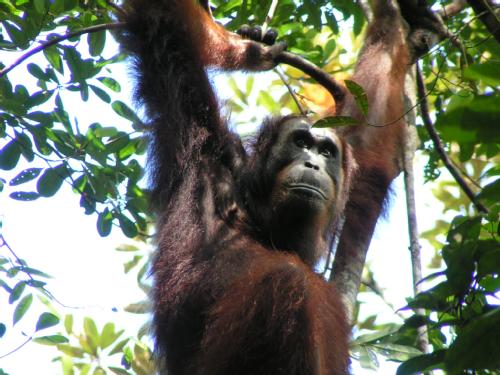Language and Learning Group
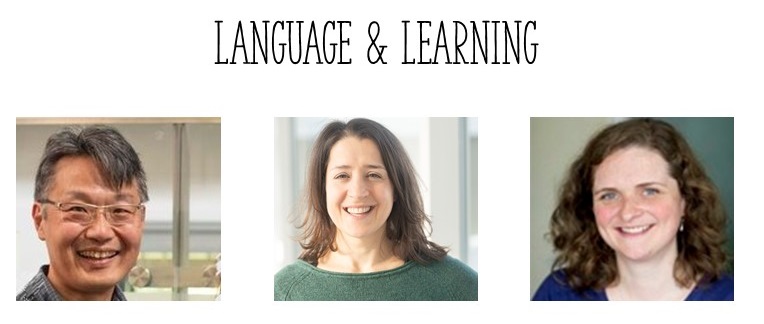

The Language and Learning group carry out research on a wide range of issues in psycholinguistics, using both experimental and computational methods. Some of the key issues that we investigate include:
- processing of visually presented words
- computational modelling of visual word processing
- production, comprehension, and development of gestures
- big data analysis of language development and historical changes in language
- acquisition of words and syntactic structures during infancy and childhood in both first and second languages
- word meaning and lexical representation
- phonological and syntactic-like capabilities in non-human animals
- call acquisition in non-human animals
We have the state-of-the-art labs: infant testing facilities, an Eye Link 1000 eye tracker, PCs configured for tachistoscopic displays and a multi-modal interaction lab. We also conduct research at a number of wild field sites (Australia, South Africa, Uganda) and captive research facilities (within and outside the UK) where animal vocal behaviour can be studied observationally and experimentally.
We welcome PhD applications in all areas of language and learning
Key areas of research
Lexical RepresentationThis area combines empirical methods with computational modelling to investigate a range of questions. How are the meanings of words cognitively represented and used to interpret language? How do word meanings develop? How is ambiguity and vagueness in word meaning represented? Can cognitive linguistic descriptions be integrated with psycholinguistic models and generative representations? |
Acquiring syntactic representationsWe explore when and how children acquire syntactic representations and how their processing of syntax develops. We use syntactic priming methods to explore language production and eye tracking to explore sentence comprehension skills. |
From print to soundWe investigate how readers use the information in a printed word to produce its sound, and how this contributes to meaning. Our approaches include tracking children as they develop, experimental interventions and computational simulations. |
Gestures during speaking and thinkingWe investigate gestures that are spontaneously produced during speaking and thinking. We investigate how gesture production and speech production influence each other, how speech and gesture are integrated during comprehension and how gesture and speech develop together during childhood. |
Comparative Communication and CognitionWe are interested in the complexity underlying vocal communication and cognition in animals. By taking a broad comparative approach focusing on both primate, non-primate mammals and birds (chimpanzees, vervet monkeys, wolves, meerkats, pied babblers) we aim to unpack the similarities and differences between animal and human communication and ultimately understand how unique the human language faculty is and what selective conditions might have been responsible for its evolution. |
Prediction in language, learning, and conversationWe use behavioural experiments and eye-tracking to understand how our brain’s ability to predict what is coming next supports language learning and use in conversation. We study both children and adults, and are interested in both native language acquisition and use and adult second language acquisition. Amongst the questions we ask are: how does prediction affect how quickly we can process incoming language? How does prediction support our ability to quickly take turns in conversation? What happens when our predictions turn out to be wrong? How do expectation violations affect memory for linguistic information? What role do curiosity and surprise play in language learning and how is this role related to our ability to predict? |
Research Labs
Communication Development Lab
Our research focus is the development of communication. We study children from birth up to the age of 16 to explore how humans acquire the skill to communicate across their lifetime. Our primary focus is how children learn language and gesture. We also study adults on occasion, either to use as a comparison point or to see how the communication development continues into adulthood.
Language Development Lab 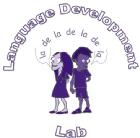
In the Language Development Lab at the University of Warwick we study how and when children's first language – their mother tongue - develops.
Specifically, we're interested in finding out how and when children learn to put words together to make sentences. By studying their ability to understand and say different types of sentences at different ages, we can learn more about the mysterious process of language development!
Cognitive Science of Reading Lab
Our research looks at the way people perceive information about the written word and retrieve information about the words that they see. Our methods involve focused laboratory experiments, statistical analyses of large databases, and computational modelling.
Group Members
| Dr James Adelman | Dr Suzanne Aussems |
| Dr Ed Donnellan | Dr Hester Duffy |
| Dr Luke Duncan | Dr Olga Feher |
| Dr Chiara Gambi | Dr Chiara De Gregorio |
| Dr Katharina Helming | Dr Thomas Hills |
| Professor Sotaro Kita | Dr Adriano Lameira |
| Dr Matthew Mak | Dr Michelle McGillion |
| Dr Kate Messenger | Dr Ani Permana |
| Dr Simon Townsend | Dr Tiziano Travain |
Honorary
| Dr Leone Buckle |
| Aaron Cousins |
| Dr Slava Dantchev |
| Dr Marta Wesierska |
Associate Members in Other Departments
Dr Clay Beckner (Centre for Applied Linguistics)
Dr Richard Moore (Philosophy)
Dr Christopher Strelluf (Centre for Applied Linguistics)
Research Students
| Teruni Ahamat | Charlotte Gannon |
| Kirsty Green | Ying Guo |
| Mingtong Li | Shivani Patel |
| Melissa Reddy | Noorin Rodenhurst |
| Yibai Zhu |
Scientific impact at Warwick
Dizzy apes provide clues on human need for mind altering experiences finds Dr Adriano Lameria and colleagues: Find out more here.
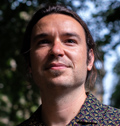
Dr Adriano Lameira’s research on how the prevalence of consonants in the human language could have evolved from orangutans who have sophisticated use of their mouths, continues in international media, and has been covered by Science in Poland.

The conspiracy theorist "worldview" and the language of their argument.
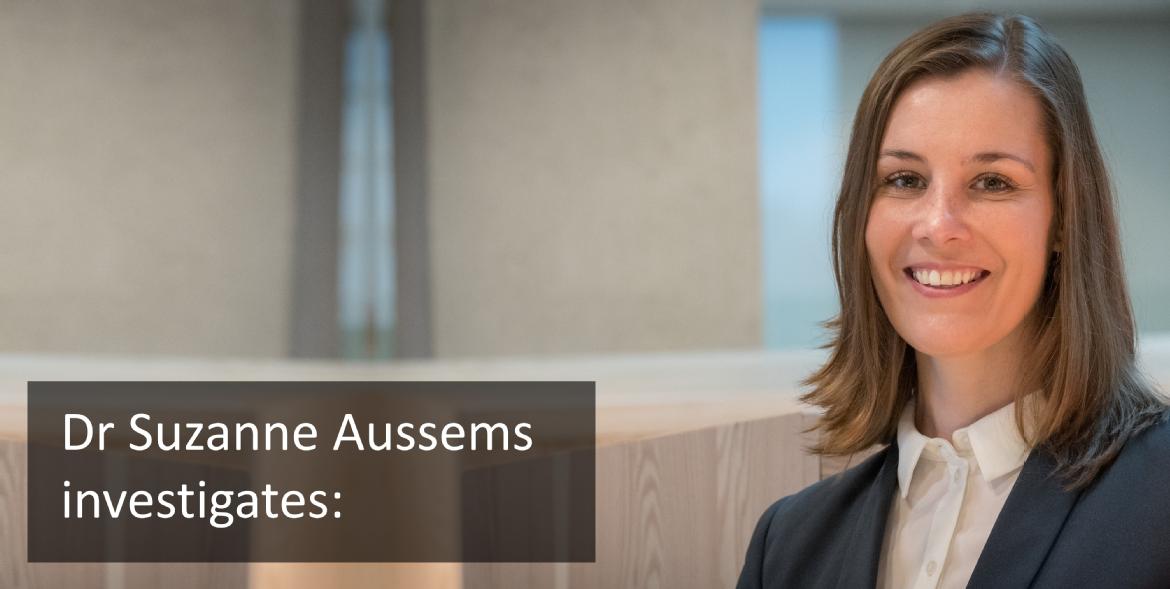
The Impact of Covid-19 social isolation measures on early development
Language acquisition and screen time were affected in the generation of youngsters growing up during this extraordinary period.
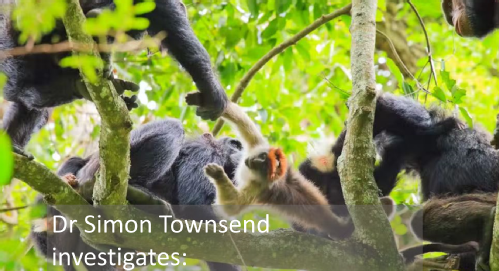
Chimpanzees produce "hunting bark" to co-ordinate group members
An international team of scientists including Dr Simon Townsend has identified a ‘hunting bark’ that chimpanzee’s use to call members of their group to co-ordinate a hunt. Their findings are published today (29 July) in the journal Science Advances.
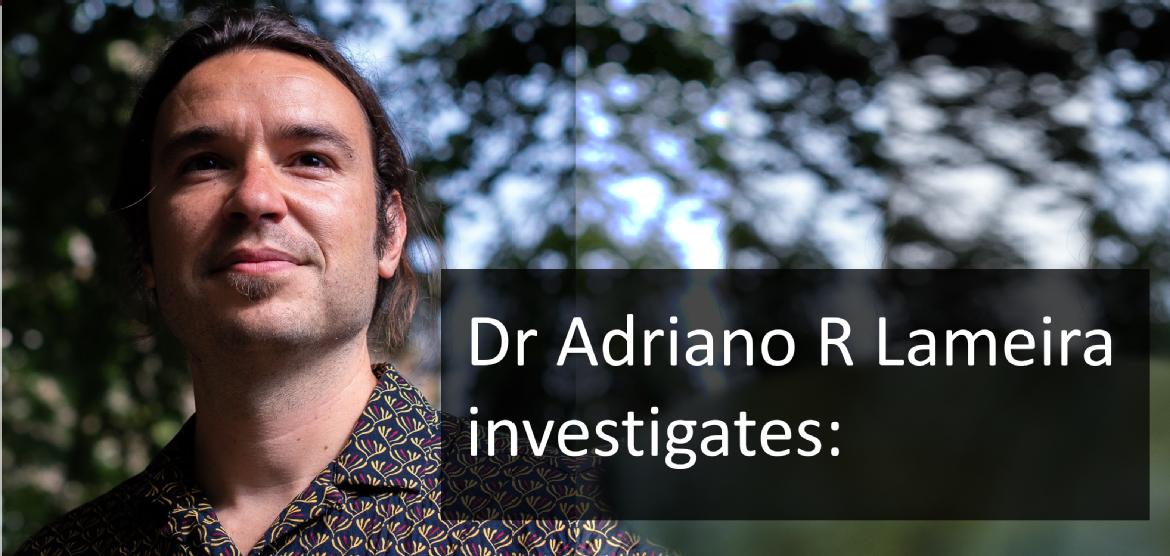
Apes "vocabularies" shaped by social mingling - like in humans
Social mingling shapes and transforms the ‘vocabularies’ of apes, just like in humans.
